DSCC just can’t seem to get it right when it comes to dogs
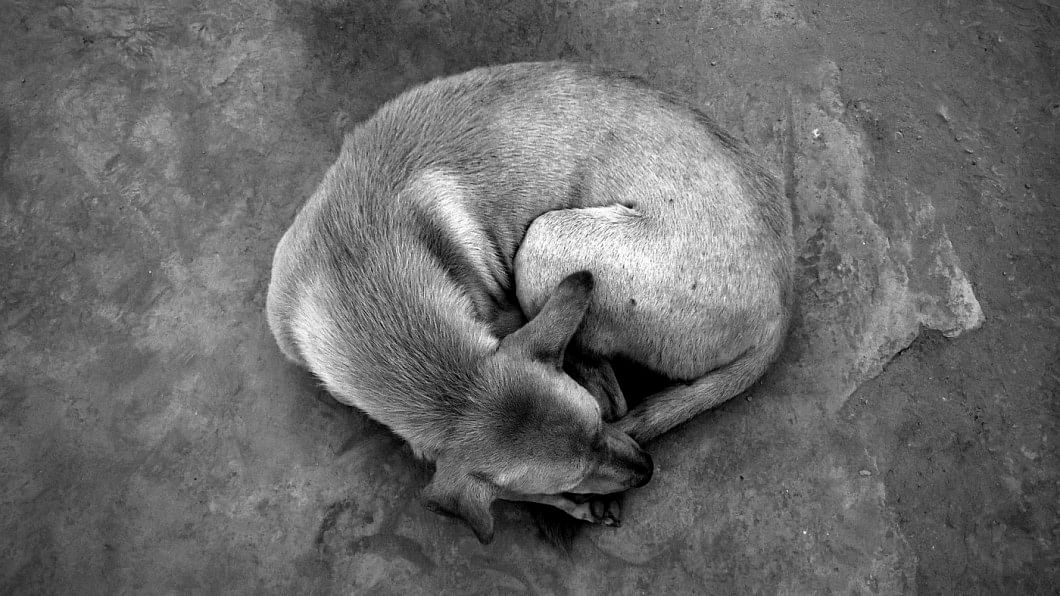
When Obhoyaronno re-launched Dhaka's Catch-Neuter-Vaccinate-Return (CNVR) programme in 2016, with support from Humane Society International, the idea was to set up two CNVR centres in each part of the city, run them under the supervision of one of the world's leading animal welfare organisations for one year, and hand over a fully operational programme for the city authorities to continue.
Obhoyaronno and Humane Society International would foot the hefty USD 100,000 bill, as well as develop a skilled and experienced workforce for the city corporations to absorb. As proof of their commitment, each city corporation was asked to provide space and vehicle support to the programme. The proposition was so lucrative that we thought the city authorities would lap it up!
Annisul Huq was the mayor of Dhaka North at the time while Sayeed Khokon was heading Dhaka South. Dhaka North provided us with a beautiful space inside the Mohakhali DNCC market and two brand new pick-up trucks. Dhaka South, on the other hand, gave us one meeting and some empty promises, followed by silence. The fund which was earmarked for Dhaka South was then re-channeled to our Dhaka North operation. As a result, half of the city's dogs remained un-serviced.
So while Dhaka North enjoyed its dogs being humanely picked up, vaccinated, sterilised, and returned to the locality, Dhaka South tackled public complaints by occasionally and secretly picking up and dumping dogs in remote areas, opposing Obhoyaronno's 2014 injunction order against dog culling.
In 2020, when Dhaka South elected a new mayor, DSCC defied the country's newest animal welfare law and launched a mass dog removal campaign all over again. Only this time, they weren't discreet about it.
DSCC's incompetent dog-catchers inhumanely picked up dogs, heavily sedated them, and dumped them in the Matuail landfill by the dozens. Many dogs died in the process. Many starved to death.
In desperation, all the major animal welfare groups met with the DSCC mayor and explained the scientific and humane way of managing the dog population. The mayor listened, promised to look into the issue – and did nothing.
In the end, this extremely dangerous and callous practice, which could potentially cause a rabies outbreak in the community, had to be stopped in the face of public outrage and yet another writ petition.
Later on, the community of Dhaka South came forward and started to vaccinate and sterilise dogs using personal funds. Many took in ill and injured animals and cared for them in their own homes. Students, rickshaw-pullers, middle-income families, even certain mosques have been doing the job that was the DSCC's responsibility, with zero support from the authorities.
We recently had delegates from the International Companion Animal Management Coalition (ICAM) visiting Dhaka and they were shocked to see a community-funded CNVR programme, as this was unprecedented. It is clear that if the community had not come forward in Dhaka South, their dogs would have remained uncared for and unprotected.
Any sensible city authority would welcome such enthusiasm from the community to protect its dogs and support, if not subsidise, their efforts. Yet, what is Dhaka South doing now instead? Digging up a public notification from 2016, the DSCC has decided to slap a tax on the carers of the very dogs that they had abandoned, burdening people further with the increased costs of looking after these animals.
Ironically, the city authorities fail to see the impact of this on the community and believe that this is a positive move towards welfare for dogs. This just goes to show how little understanding they have of the issue and of the community they are mandated to serve.
In a recent multi-stakeholder meeting, hosted by the Ministry of Fisheries and Livestock, where DSCC officials were also present, I was cautiously optimistic to learn about the DSCC's plan to start neutering dogs. For the time being, I set aside my concerns about an untrained, inexperienced workforce performing mass-scale surgeries on dogs, and reminded myself that they are at least thinking in the right direction. But that is also what's so sad about all this. We have significantly lowered our expectations and standards for the DSCC and are just happy that they are at least not killing or dumping dogs in broad daylight.
So, who is this pet tax for? "The rich" – responded one of the newly appointed vets of the DSCC, who is a dynamic young man, keen on switching up the corporation's negative image.
It seems, at the initial level, this tax will be imposed on people who voluntarily register their dogs with the DSCC. The overall rate of pet registration is already very low in Dhaka, simply because dog owners see no benefit in registering their dogs with the city. Moreover, in our socioeconomic reality, a large number of pet dogs roam freely, and are considered "community" dogs. This concept has completely eluded DSCC officials, who somehow think that dog owners in Dhaka equate only those owning golden retrievers and huskies in the tristate area.
Dear DSCC, I have news for you: the dog owners of the tristate area never even leave the tristate, and therefore will never visit Nagar Bhaban to register their dogs, whom they also won't let you touch with a ten-foot pole.
That leaves the other 99 percent of us. Are we willing to pay this tax? Absolutely not.
In 2016, the cash-strapped Bangalore civic body in India proposed a tax on pet dogs. The proposition was later tossed in the face of public outrage. Is the DSCC looking at a similar fate? You bet. But, by now, the community has grown accustomed to the DSCC's half-baked policies on dogs and have little intention of cooperating.
Rubaiya Ahmad is the founder and chairman of Obhoyaronno – Bangladesh Animal Welfare Foundation.

 For all latest news, follow The Daily Star's Google News channel.
For all latest news, follow The Daily Star's Google News channel. 





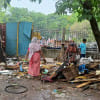
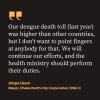
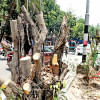
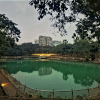
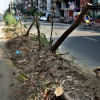


Comments